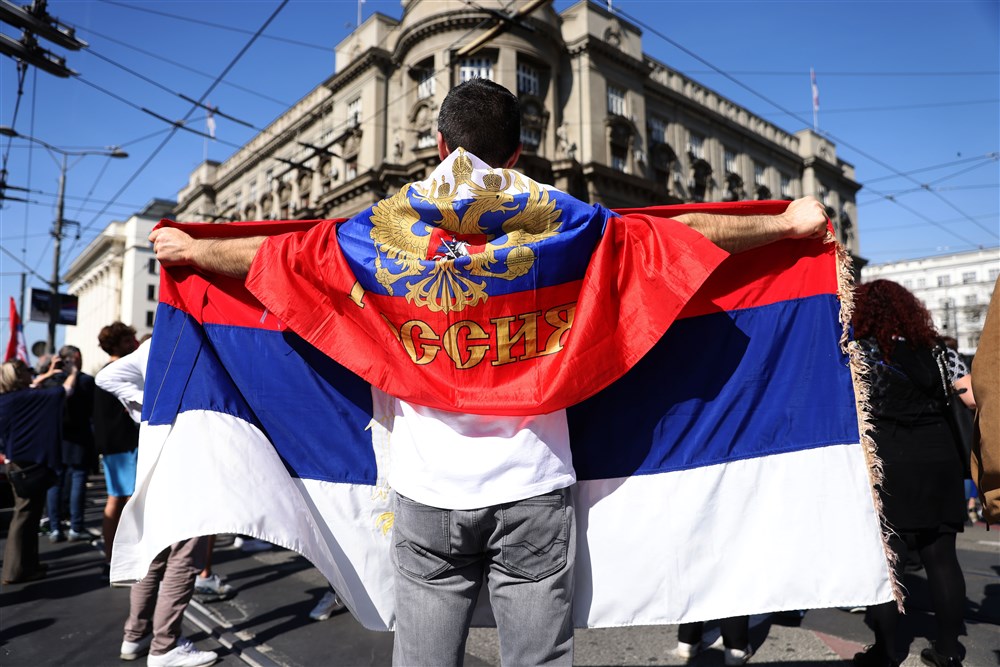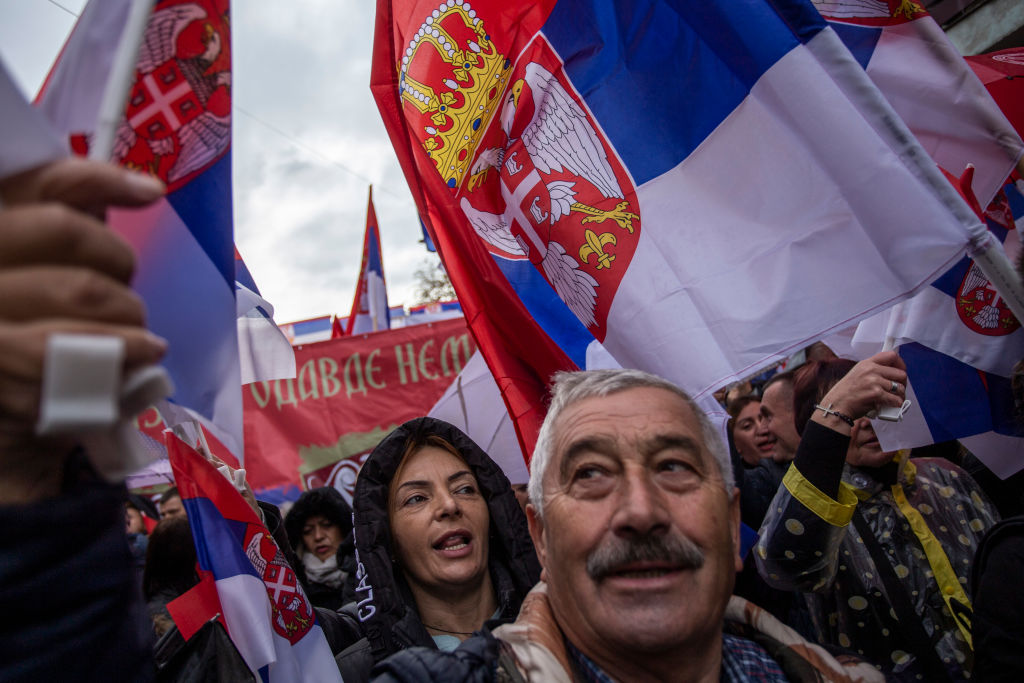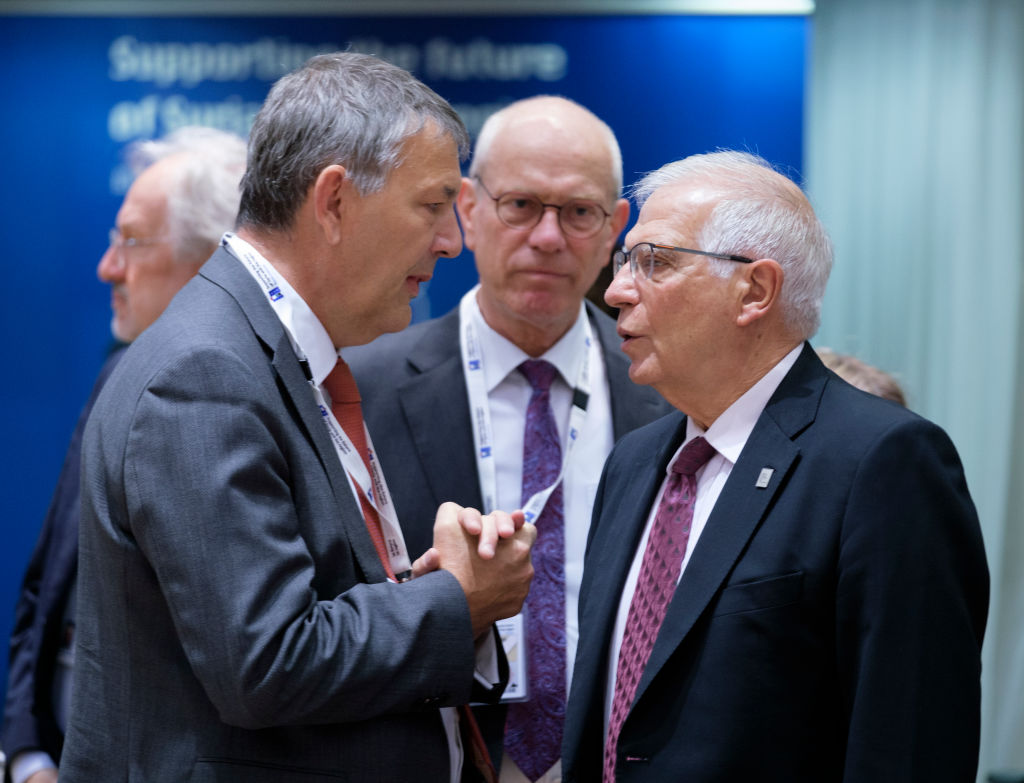The European Union has failed to smooth tensions between Kosovo and Serbia, being unable to mediate an agreement to ‘normalise’ relations’ between the two as they seek entry to the bloc.
Both the President of Serbia, Aleksandar Vučić and Kosovo Prime Minister, Albin Kurti, were in Brussels on June 22, ostensibly to try to find a solution to growing antagonism between their two countries. There, the EU High Representative, Josep Borrell, the bloc’s de facto foreign minister, had attempted to mediate an agreement between the two.
However, the two countries were so intractable that Borrell was forced into taking up what was effectively ‘shuttle diplomacy’ between them. Despite both Vučić and Kurti being in the same city at the same time, they refused to meet and Borrell had to conduct separate talks with both.
Yet, after four hours of trying to ease the situation between the two, no agreement was reached.
Speaking yesterday evening, Borrell said that even though “the two leaders understand the severity of the situation”, when it comes to friendly relations “they are still not there”.
“They are in different situations, different approaches, different interpretations of the causes [of the tensions] and, also, the effects, consequences and solutions [to reduce it],” he told the press after his attempts.
Ill-temper between the two Balkan countries has been evident since the break-up of Yugoslavia in the 1990s.
However, the situation reached boiling point in late May this year. That was a result of the Kosovo government trying to install ethnic Albanian mayors in Serb-majority towns, leading to violent riots.
This in turn prompted Serbia to mobilise its military forces along the Kosovo border, and the arrest of Kosovo Serbs by the majority-Albanian police force. Alongside that, three Kosovo policemen were detained by Serbia near the border.
Borrell was at pains yesterday to emphasise the severity of the current situation. “Yes, we are dealing with a crisis,” he said during the press briefing.
The outcome of Borrell’s unsuccessful mediation attempts is a near-total reversal of what occurred in early March, when the EU brokered what Borrell called a “landmark agreement” between the two countries.
“It really looked like we were on a good track … We need to go back to the implementation of this agreement,” he said yesterday.
Both Kosovo and Serbia are in negotiations to join the EU. However, the bloc requires the two countries to ‘normalise relations’ before either can be admitted.
Kosovo officially declared independence in 2008. Since then, Serbia has refused to officially recognise Kosovo as an independent nation and actively encourages other countries and international organisations to follow suit.
At the March meeting, though, Serbia had agreed to implement more formal recognition, if Kosovo agreed to create a special legal and representative body for ethnic Serbian communities in Kosovo – to be called the Association of Serbian Municipalities.
While Kosovo initially accepted that, it then reneged on the agreement. For Borrell, the creation of this Serbian association was essential for both countries to get back to restoring relations and, thus, joining the EU.
The EU has already applied “restrictive measures” including sanctions on Kosovo for failing to de-escalate the tensions. With both countries now complicit in the latest failure, it is likely that the EU will apply fresh measures against both countries should the situation not improve.





